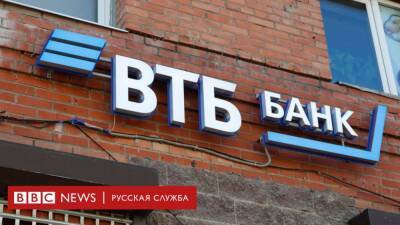Smart Contract Migration: Why Projects Shift to Other Chains
Disclaimer: The text below is a press release that was not written by Cryptonews.com.
Smart Contracts are a vital part of the blockchain system as they automate transactions between receivers and senders. Smart Contracts are used as the basis for several decentralized crypto exchanges or Automated Market Makers to ensure reliability and fairness when trading cryptocurrencies.
However, smart contracts are not fool-proof as they can have bugs. Moreover, they can become trapped due to an incorrect setting or theft of the owner's wallet. When developing a smart contract, the project must be prepared to migrate their smart contracts. Moreover, migrating smart contracts have several advantages as well.
Currently, the popular blockchain networks that facilitate smart contracts are Ethereum, Bitcoin and Binance Smart Chain. While every blockchain network has its own set of pros and cons, developers tend to choose Binance Smart Chain because of its apparent advantages.
Ethereum is a popular blockchain network that has been used by several projects to develop smart contracts and launch native tokens. It is a relatively old blockchain that still relies on the Proof of Work consensus mechanism, which increases the gas fees and also slows down the transaction time. Several projects are shifting from Ethereum to other chains like BSC, for faster block times, and cheaper transaction gas fees.
Bitcoin is the highest-grossing and most popular cryptocurrency in the entire industry. Bitcoin has its native blockchain network that relies on the Proof of Work consensus mechanism. Moreover, Bitcoin does not allow the creation of smart contracts. The reason for this is that the bitcoin blockchain is actually quite old. In fact, it is the world’s
Read more on cryptonews.com























